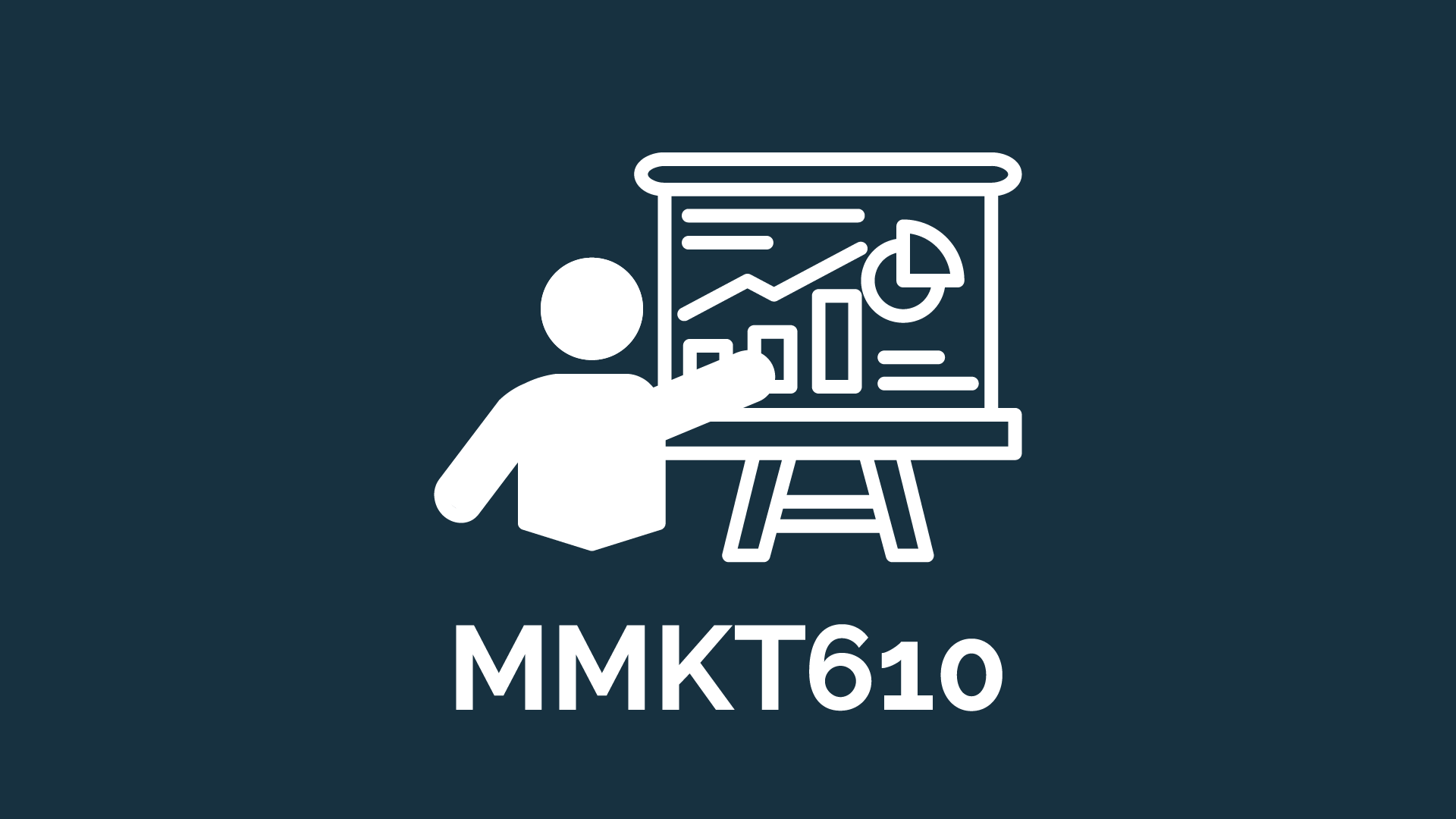
Learn marketing research fundamentals, including key terms, concepts, processes, methods, and applications, by conducting and evaluating marketing research to make data-driven marketing decisions.
This course focuses on familiarizing you with the key aspects of the marketing research process and methods supported by real-world applications. Marketing research is vital in facilitating data-driven decision-making in the marketing field. It serves as a crucial source of information for decision-making across all aspects of marketing, including the micro and macro environment, customers, and the 4Ps of Marketing (Product, Price, Placement, and Promotion). Market researchers gather and analyze data to generate valuable insights that inform a range of decisions, from uncovering consumer preferences to testing products and pre-testing messaging for brands, products, and services. The data collected covers a wide range of areas, including competition, market assessment, the marketing efforts of competitors, industries, consumers, marketing segmentation, and various environmental factors such as government regulation, technological developments, and many other relevant stakeholders.
In this course, you will learn how to:
- Define marketing goals: Start by clearly defining the marketing goals, such as increasing brand awareness, improving customer satisfaction, or launching a new product.
- Align research with marketing goals: Once the marketing goals have been defined, align the marketing research with these goals. This means research objectives and questions, research design, data collection methods, sampling, and data analysis methods that should be consistent with the marketing goals.
- Conduct marketing research: Conduct marketing research using the selected methods and design. This could involve qualitative research, observation, survey research, experiments, secondary data research, and other data collection methods.
- Analyze research results: Analyze the research results to determine the key insights and findings relevant to the marketing goals. This could involve statistical, trend, or other data analysis methods.
- Present findings clearly and concisely in a manner understandable to marketing decision-makers deploying standard methods, including visuals.
- Make clear marketing recommendations informed by research findings. This may involve adjusting the marketing strategy and changing the marketing mix (product, price, promotion, and place), modifying the target market(s), or adjusting the marketing communication approach.
- Unit 1: Introduction to Marketing Research, Strategies, and Applications
- Unit 2: Key Terminology and Concepts
- Unit 3: Creating Measurable Outcomes
- Unit 4: Research Design
- Unit 5: Sampling and Data Collection
- Unit 6: Quantitative Data Analysis
- Unit 7: Qualitative Data Analysis
- Unit 8: Presenting Findings and Making Recommendations
- Describe the nature, purpose, value, and ethics of research in the marketing decision-making process;
- Create a marketing research project goal and plan outline utilizing terminology and concepts;
- Create research goals, objectives, and operational definitions of variables;
- Create research designs appropriate for marketing research goals;
- Apply sampling strategies appropriate for target markets;
- Apply different data collection methods and prepare data for analysis;
- Apply various statistical tools;
- Determine research findings limitations;
- Present findings; and
- Explain how research impacts various aspects of the marketing process.